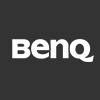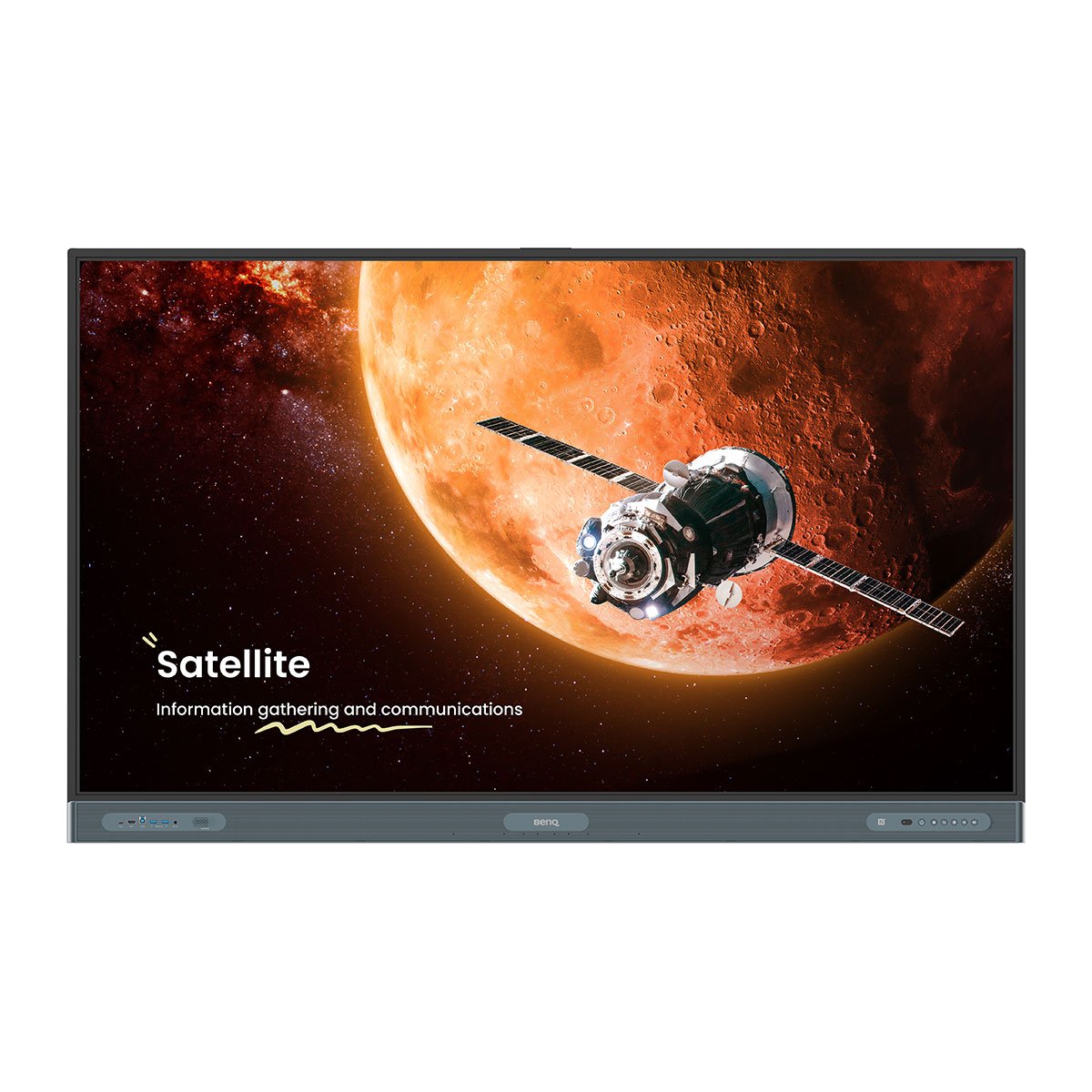About the Class
The University of Oxford’s Wolfson College held a peer-to-peer learning event that gathered together several researchers and PhD and Master’s students from all across the UK. Key subject matter experts hosted knowledge-sharing sessions, which aimed to give postgraduate students new ideas that could help them in their future careers and also provide established researchers with fresh perspectives related to their specializations.
Among the experts in attendance were Dr. Ying Yu from Oxford University, Dr. Alex Chung from University College London, and Dr. Tian Ma from De Montfort University Leicester. Their discussions centered around research-related issues in the fields of law, cyber security, criminology, and criminal justice.




The Challenge
The event was composed of several small breakout sessions, each one focusing on different sets of research-related issues. The experts holding these sessions had their own unique style of teaching and required specific reference materials and tools to facilitate their activities.
Many of the lecturers relied on internet connectivity as some of the discussions called for resources that were hosted online. Others required the participation of remote experts and peers for consultations. Because of these considerations, they needed an edtech solution that was flexible enough to match the special requirements of each session.
BenQ Solutions
The event organizers at Wolfson College set up their BenQ Board for the back-to-back workshops. Because of its touchscreen interface and its many teaching features, it was the ideal tool for various types of learning activities.
For Dr. Yu’s session, she used the EZWrite whiteboard to keep track of the challenges the participants have encountered while gathering research data. With the BenQ Board’s built-in web browser, she presented relevant web-based data-collection tools that they could use to solve their research pain points.
Dr. Chung, whose session was about transnational crime research, took advantage of the BenQ Board’s touchscreen functionality. He loaded an interactive sociogram he developed and asked the participants to explore it themselves so that they could get a better understanding of the relationships between different criminal actors.
The third session aimed to broaden students’ perspectives on criminology by allowing them to brainstorm ideas with experts from other fields of study. Requiring the input of her remote peers, Dr. Ma started a video conference and enabled the EZWrite’s cloud whiteboarding feature so that they could join the session and annotate over the ideas presented on the board.
Session summary and BenQ Board features used
The Results
With the BenQ Board’s many features at their disposal, each of the lecturers were able to fully maximize their knowledge sharing sessions. The participants were visibly more engaged in the ongoing conversations. They actively walked up to the board to illustrate their ideas and interact with the resources made available to them.
“The knowledge postgrad students gain through peer support networks is invaluable… Being able to use the BenQ interactive display in our sessions enhances the quality of our discussions.”
Although peer-to-peer activities like these are common in postgraduate studies, the use of edtech to facilitate their exchange of ideas has been a transformative experience. According to Dr. Chung, the BenQ Board made it more convenient for them to share domain knowledge and explore new opportunities in their respective fields of study.
“The knowledge postgrad students gain through peer support networks is invaluable. It gives them new perspectives when doing research,” explains Dr. Chung. “Being able to use the BenQ interactive display in our sessions enhances the quality of our discussions.”
A version of this case study appears in our research paper, Active Learning in the 21st Century Classroom.

